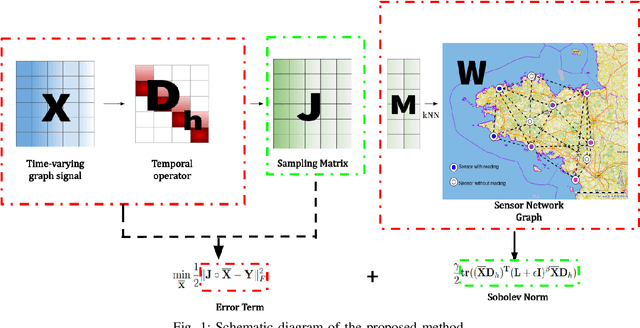Palaniandavar Venkateswaran
Exploring Music Genre Classification: Algorithm Analysis and Deployment Architecture
Sep 14, 2023Abstract:Music genre classification has become increasingly critical with the advent of various streaming applications. Nowadays, we find it impossible to imagine using the artist's name and song title to search for music in a sophisticated music app. It is always difficult to classify music correctly because the information linked to music, such as region, artist, album, or non-album, is so variable. This paper presents a study on music genre classification using a combination of Digital Signal Processing (DSP) and Deep Learning (DL) techniques. A novel algorithm is proposed that utilizes both DSP and DL methods to extract relevant features from audio signals and classify them into various genres. The algorithm was tested on the GTZAN dataset and achieved high accuracy. An end-to-end deployment architecture is also proposed for integration into music-related applications. The performance of the algorithm is analyzed and future directions for improvement are discussed. The proposed DSP and DL-based music genre classification algorithm and deployment architecture demonstrate a promising approach for music genre classification.
Recovery of Missing Sensor Data by Reconstructing Time-varying Graph Signals
Mar 01, 2022



Abstract:Wireless sensor networks are among the most promising technologies of the current era because of their small size, lower cost, and ease of deployment. With the increasing number of wireless sensors, the probability of generating missing data also rises. This incomplete data could lead to disastrous consequences if used for decision-making. There is rich literature dealing with this problem. However, most approaches show performance degradation when a sizable amount of data is lost. Inspired by the emerging field of graph signal processing, this paper performs a new study of a Sobolev reconstruction algorithm in wireless sensor networks. Experimental comparisons on several publicly available datasets demonstrate that the algorithm surpasses multiple state-of-the-art techniques by a maximum margin of 54%. We further show that this algorithm consistently retrieves the missing data even during massive data loss situations.
 Add to Chrome
Add to Chrome Add to Firefox
Add to Firefox Add to Edge
Add to Edge